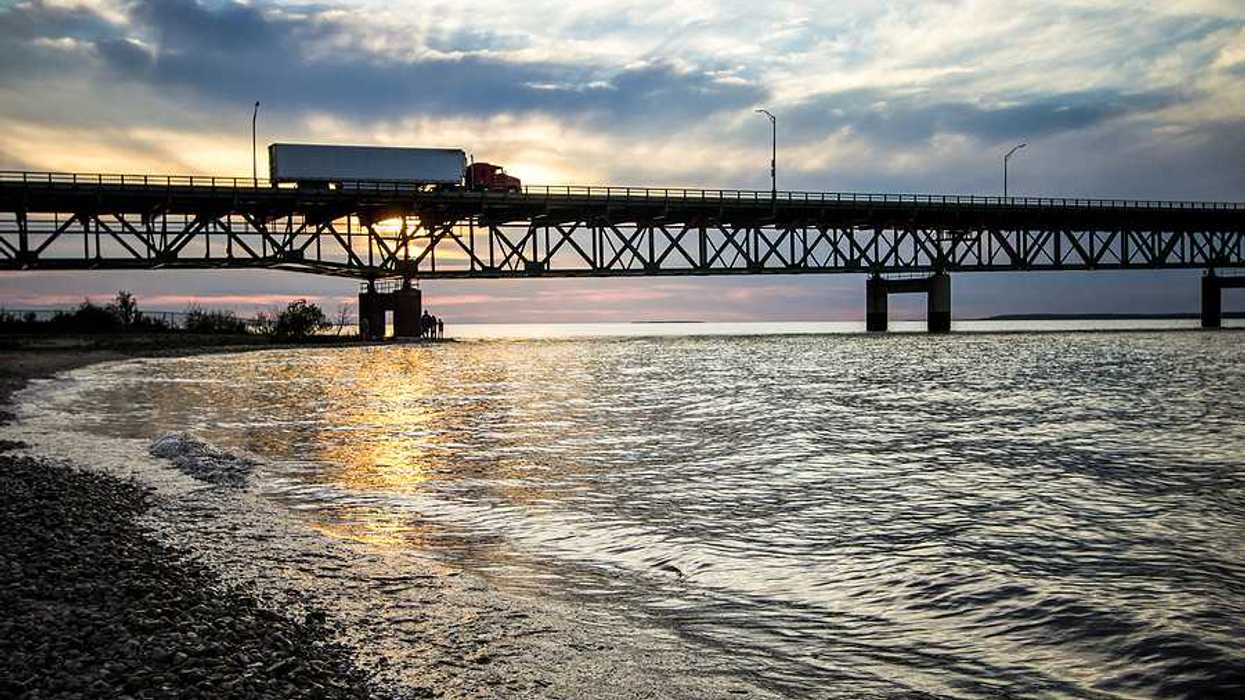As the oil industry faces a downturn, unplugged oil and gas wells present significant environmental and financial challenges, potentially burdening taxpayers with the cleanup bill.
Mark Olalde and Nick Bowlin report for ProPublica and Capital & Main.
In short:
- More than 2 million unplugged wells across the U.S. pose environmental hazards and contribute significantly to climate change through methane emissions.
- The financial provisions for well cleanup cover less than 2% of the estimated costs, leaving a substantial financial burden on taxpayers.
- Regulatory loopholes and insufficient enforcement allow companies to evade cleanup responsibilities, exacerbating the problem.
Key quote:
"The data presents an urgent call to action for state regulators and the Department of the Interior to swiftly and effectively update bond amounts."
— Shannon Anderson, organizing director of the Powder River Basin Resource Council
Why this matters:
The environmental and financial fallout from unplugged oil and gas wells affects public health and climate change indicating a pressing need for policy reforms to protect both the environment and taxpayer interests. Lax oversight and accounting sleights-of-hand help to make passing the buck on abandoned oil and gas wells a persistent and pernicious burden on the public good.














